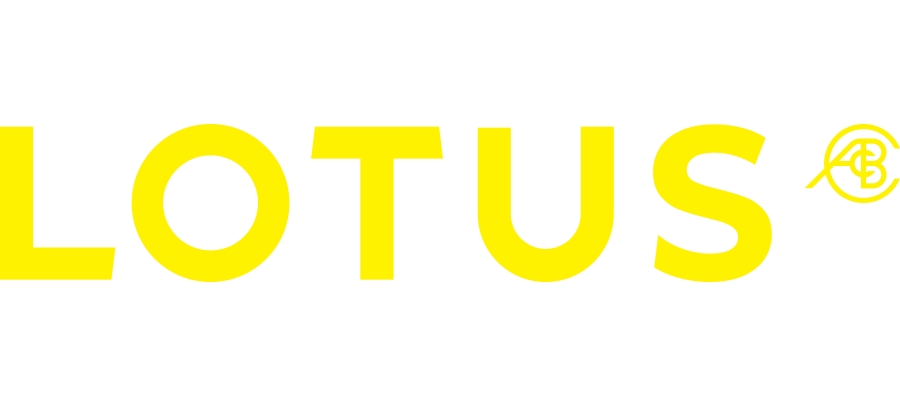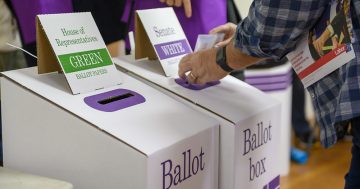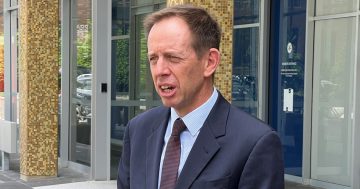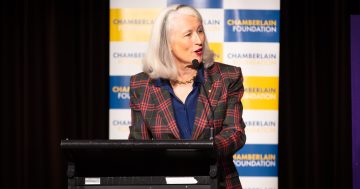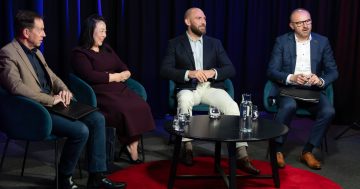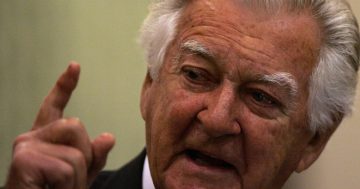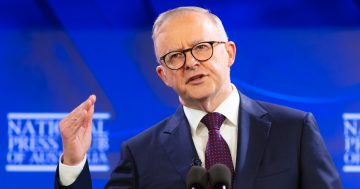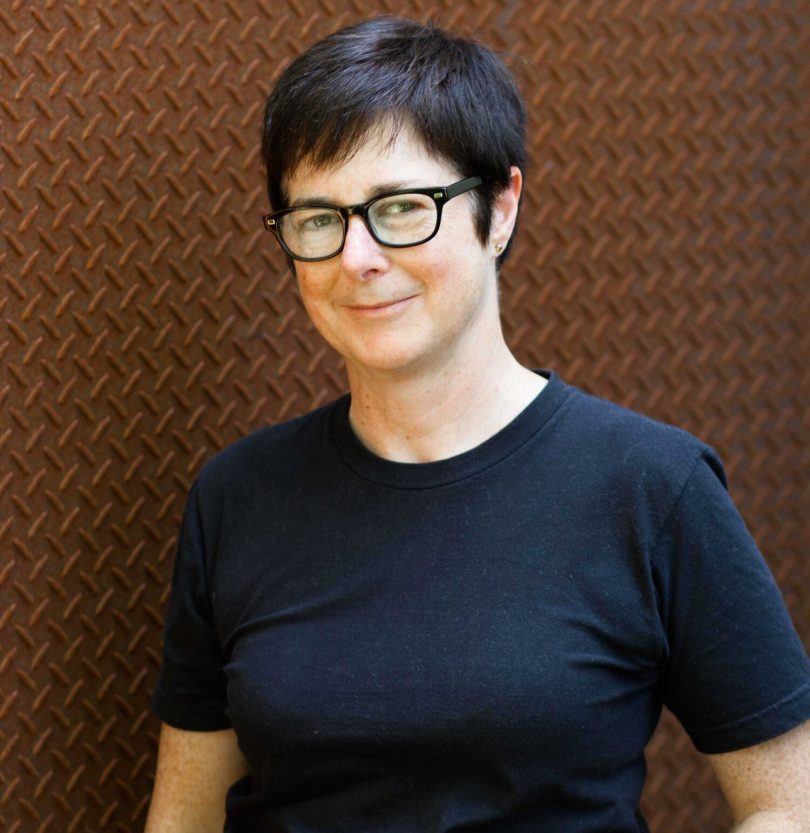
Chris Wallace says politicians need to learn hard lessons about how to win elections. Photo: Supplied.
Chris Wallace has a simple message for political leaders in her new book: politics isn’t broken, you’re just not doing it properly. That’s why you keep losing elections.
Wallace’s long career as a political journalist has been augmented by biographies of John Hewson, Don Bradman and Germaine Greer among others, and she’s now an Associate Professor at the University of Canberra’s 50/50 by 2030 Foundation.
And while How to Win an Election is aimed squarely at the lacklustre fortunes of Labor, there are lessons aplenty for other politicians, including the Canberra Liberals and the much-diminished Nationals.
In How to Win an Election, Wallace proposes that Australia’s curse is not so much the system – which she thinks works quite well – but rather a political class that’s repeatedly failed to absorb practical lessons about their craft.
“Thank God we live in a democracy and that means governments of different persuasions come along,” she says. “It’s in everybody’s interest to have good government. If one side stuffs it up and constantly loses, the other side is not, through competition, forced to deliver that.”
Parties in a losing rut are often inward-looking, whereas political success depends on connecting with communities and adapting policies accordingly.
Case in point, the Canberra Liberals, whom Wallace says have spent election after election choosing issues they think are winners when the voters are clearly concerned about something else altogether. Or the Nationals, losing to independents because their natural constituencies feel the party’s sold out to mining.
“When you lose elections, deep examination has to happen – and usually, it doesn’t happen. It’s all about them and not the voters,” she says, making the point that many Australian elections are very close. That means doing a few things better could easily swing the polls.
Wallace begins her chapters with a politician in despair after losing an unlosable election, often battling to explain what went wrong and blaming everyone (like those running dogs of capitalism or journalists) but himself.
But beyond that, Wallace takes readers inside a place rarely glimpsed: the mind of a failed leader.
“We don’t often put ourselves in other people’s shoes and allow that to inform our analysis,” Wallace says. “There is a narrative arc. By the end, the failed leader is ready to apply the lessons but by then, they’re no longer the leader. And the new one isn’t listening to lessons from the past.”
She offers 10 concise ideas, beginning with the need for both substance and theatre. Without wrapping strong ideas in emotionally appealing language, people won’t listen, let alone switch their votes.
The team as a whole must be good. Wallace, a mad sports fan, says political parties would do well to follow the attention to detail a good AFL team brings to their premiership campaign.
Pick the best people for the best spots, not the most senior person who needs to be assuaged. And don’t leave it to the captain to win on his own, she says, referencing Gary Ablett Jr’s years of personally excellent footy with the generally hopeless Gold Coast Suns.
Create a clear strategy with a handful of good ideas, understanding that voters largely don’t have time or interest in a blizzard of policies.
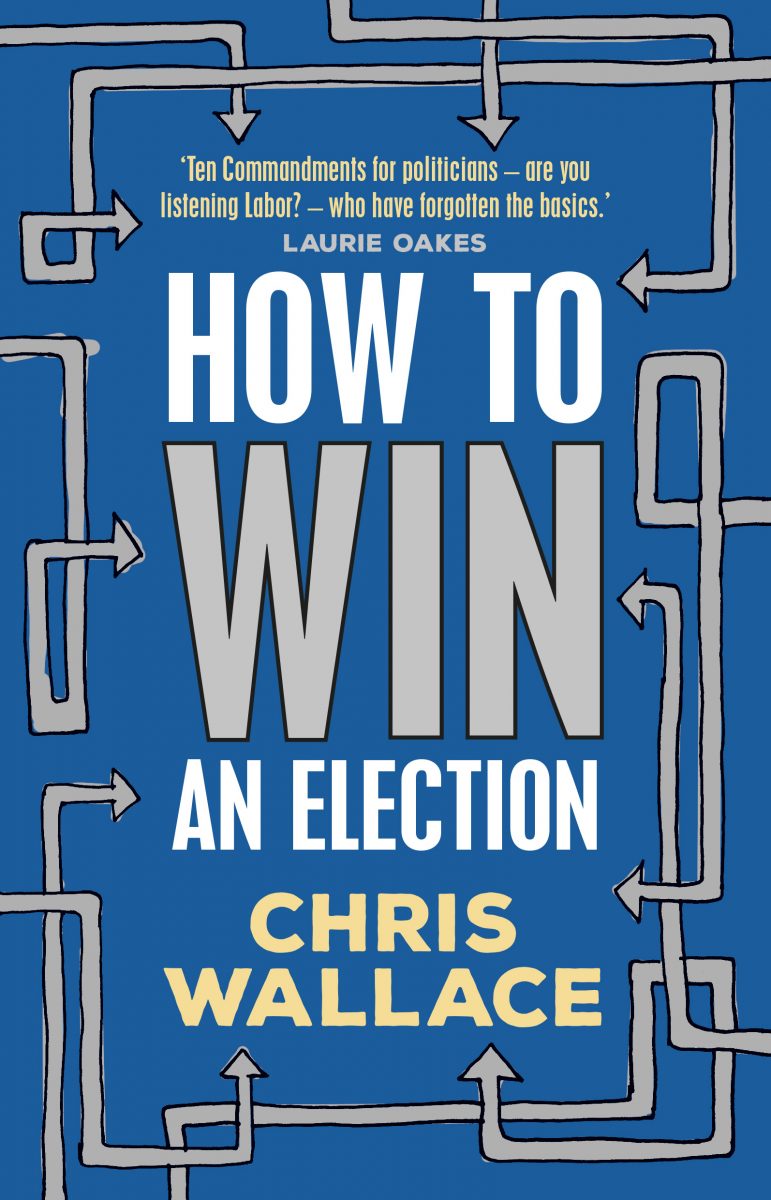
Wallace argues that politicians need to show leadership with sensible solutions to problems. Image: New South.
Be likeable. Wallace describes Scott Morrison as “one of the most ruthless, cunning politicians of the post-war period”, but says his “daggy dad” campaign persona, conjured via an endless round of consuming sausages, playing on the beach and drinking beer with the voters, also made people believe that he liked them.
Compare and contrast Bill Shorten, whom Wallace describes as “wooden, doing lines of handshaking in a slightly too large suit coat that made him look like a boy sent to do a man’s job”.
But beyond the optics, Wallace also argues that politicians need to show leadership with sensible solutions to problems. Case in point, the Adani issue. She’s bitterly disappointed that Labor opted instead to “sit on a barbed wire fence” about the giant coal development.
“You have to get out there and bring people together and do the hard work until you get answers,” she says. And don’t then constantly blame journalists for poor outcomes while failing to grasp the opportunities presented by social media and digital platforms.
“Think like the football team that must be excellent in all departments,” she says. “You’ve got to be high level and professional across the board to avoid losing unnecessarily. In 2019 the Shorten opposition did just OK and while they keep doing that, they will keep losing.
“When we hear people being disappointed in democracy, that’s wrong. What we are annoyed about is bad government. Let’s make political parties perform a whole lot better instead”.
How to Win an Election is published by New South.
